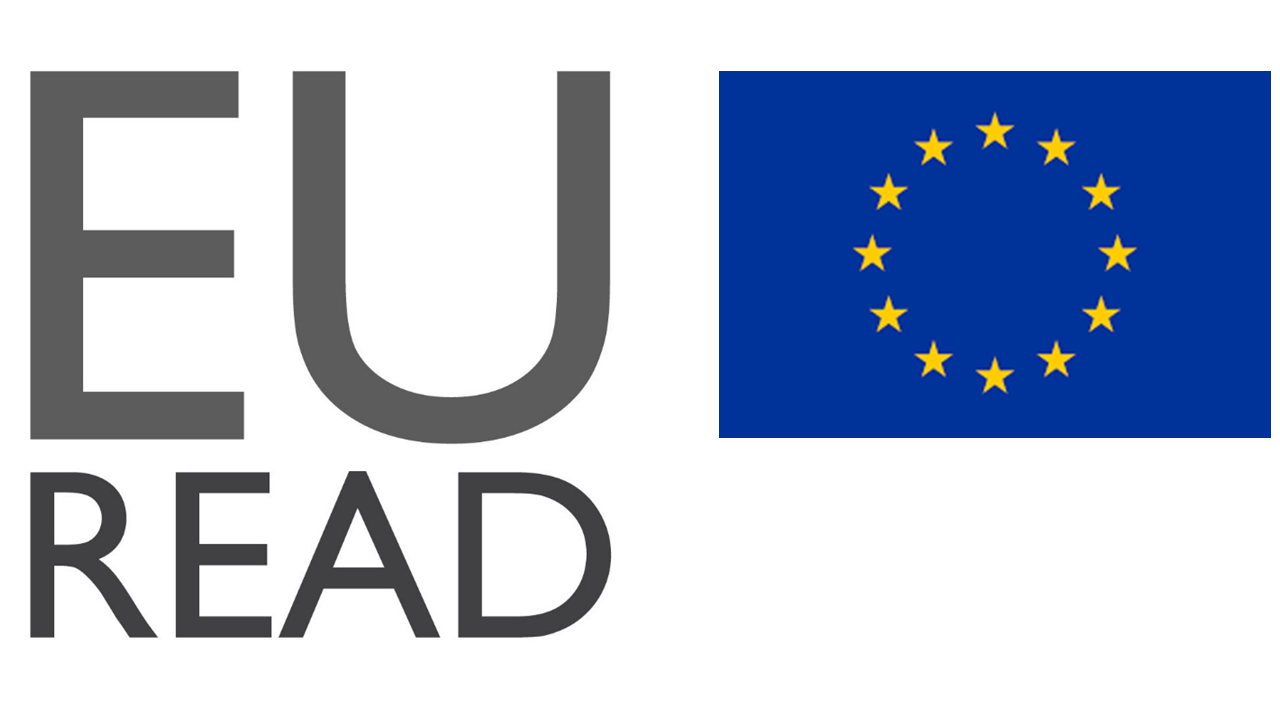Bookstart leads to…
1. Families buying and sharing more books
Researchers found that of families who received Bookstart packs, 71% of parents bought more books for their children, and 28% spent more time sharing books with their children (Wade and Moore, 1993).
2. Children more likely to enjoy books and visit library
Research shows that children who receive Bookstart packs are more likely to regard reading as their favourite activity. Not only this, but their parents are more likely to buy books as presents for their children, and families also share books and visited the library more often too. (Wade and Moore, 1996).
3. Children more likely to borrow books from libraries
In major survey of young people’s reading habits, researchers from Roehampton University found that, at Key Stage 1, children borrowed more books from the library in 2005 than in 1996.
The authors of the study suggest the possible influence of the Bookstart programme:
‘The first babies to benefit from the [Bookstart] scheme might now be beginning to show in the reading survey and at the same time older siblings might well have been unwitting beneficiaries of this scheme, joining the library, and possibly attending Bookstart related events there, in the company of their baby brothers or sisters.’ (Maynard, et al. 2007, p.31).
4. More engaged reading
Researchers who have observed Bookstart parents sharing books have found that they are more likely to:
read the whole text
talk about the story
encourage their child to link the story to their own experiences.
These all help children to develop into stronger, more confident readers (Moore and Wade, 1997 and Wade and Moore, 1996).
5. Getting ahead when starting primary school
Bookstart children start school with stronger skills in both English and maths. Wade and Moore found that Bookstart children started school with stronger skills in both English (speaking and listening; reading and writing), and mathematics (using and applying mathematics; numbers, shapes, spaces and measures). The mean score for the Bookstart group in reading was 1.46 and the non-Bookstart group 0.93, and, for numbers, the Bookstart mean was 1.51 compared with the non-Bookstart mean of 1.10 (Wade and Moore, 1998).
In a similar comparison, a Sheffield study found that Bookstart children had acquired consistently higher levels of language and literacy development than the non-Bookstart children. Bookstart children recorded 20% superior scores in ‘Listening and Speaking Skills’ and ‘Linking Sounds and Words,’ 19% for Reading and 12% for Writing (Hines and Brooks, 2005).
6. Children continuing to do better at school – even at age seven!
As well as starting school stronger, children who had a Bookstart pack were still ahead at age seven. Research shows how they scored better than their classmates at comprehension, writing, spelling, mathematics and science (Wade and Moore, 2000).
